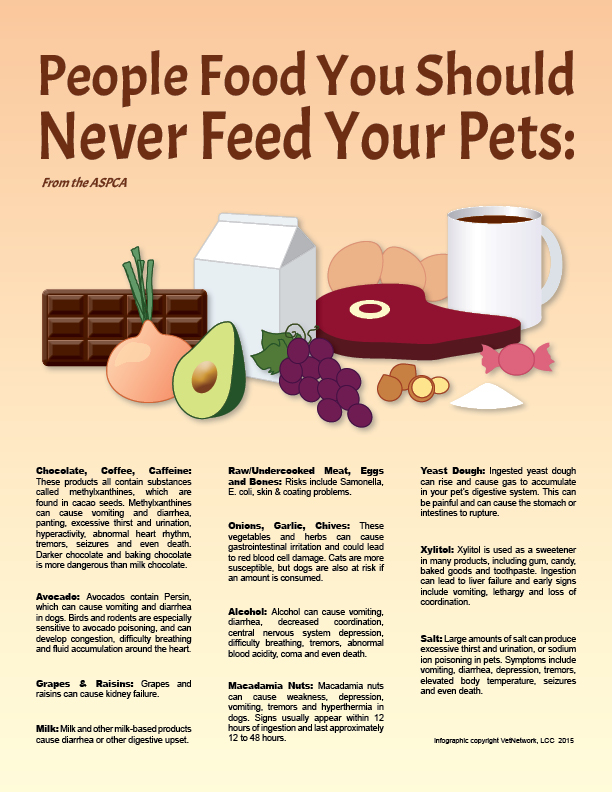Pet Fire Safety Check – How Does Your Home Compare?
September 29, 20155 Ways to Help Improve Your Pets Trip to the Groomers
October 6, 2015For those of you following this blog, you may have read some of my previous posts about Gatsby, my incredibly destructive, adopted German Shepherd mix. I’d like to share some of the techniques I used to help curb Gatsby’s destructive tendencies.
If you have a destructive pet, the first thing you have to do is find the root of the behavior. Does he have separation anxiety? Is he under-stimulated? Or maybe there was a recent change in routine or environment? All of these can be common triggers of destructive dog behavior. Your ‘treatment’ of the bad behavior will depend on the cause, and you may require some professional help if you are dealing with dangerous or extreme destruction in your home.
1. Exercise. A common cause of destructive chewing and digging can be cured with a simple walk. If you dog isn’t getting adequate exercise during the day, boredom can manifest itself through shredded cushions, carpets, or other destructive behaviors. Try to get your dog out at least 30 minutes a day, if not twice a day, depending on the breed and energy level of your dog.
2. Mental Stimulation. Even if you are exercising your dog’s body, you also need to stimulate his brain to reduce boredom. Try daily training sessions, but keep them short; maybe 5 minutes at a time, 2 or 3 times per day. Practice old tricks and try out some new ones, too.
3. Stimulation, stimulation, stimulation. Starting to see a pattern here? If a dog is under-stimulated, mentally or physically, the results could be disastrous. Try using puzzle toys or a treat-stuffed Kong while you are away to challenge your dog.
4. Provide proper toys and bones. If chewing is your problem, be sure that you have plenty of tough dog toys and bones as an alternative to your furniture.
5. Calm them naturally. You can specially designed music to calm your canine while you are away. I have found Through a Dog’s Ear to be especially effective.
6. Supplements. There are some homeopathic remedies on the market to help curb anxiety. They use natural herbs and supplements that have calming effects.
7. Pheromones. Start using a product that employs the use of appeasing pheromones, like Comfort Zone. Spray it or use the plug-in diffuser to release a calming chemical in the air that replicates a nursing mother’s pheromones which naturally calms your canine friend.
8. Change your behavior. Believe it or not, your actions just before you leave or when you return may be root of the anxiety. Through a dog’s eyes, when you make a big fuss over leaving the house in the morning with hugs and kisses and lots of goodbyes he can sense your anxiety about leaving him and cause additional anxiety for your dog. When you leave the house, don’t make it a big deal, just give a treat and calmly walk out the door.
9. Crate Training. When a dog is properly crate trained, the crate becomes a place of security and comfort. It’s a safe place to and can keep him out of potentially dangerous destructive behaviors. Make sure you aren’t using the crate as a tool for punishment.
10. Doggie Day Care. There are many facilities that offer a doggie day care services. Your dog can play with other dogs, receive training, and be stimulated all day outside of your house when you can’t be home to supervise.
If you have any other tried and true techniques or tips for curbing destructive dog behavior be sure to share them in the comments section.



